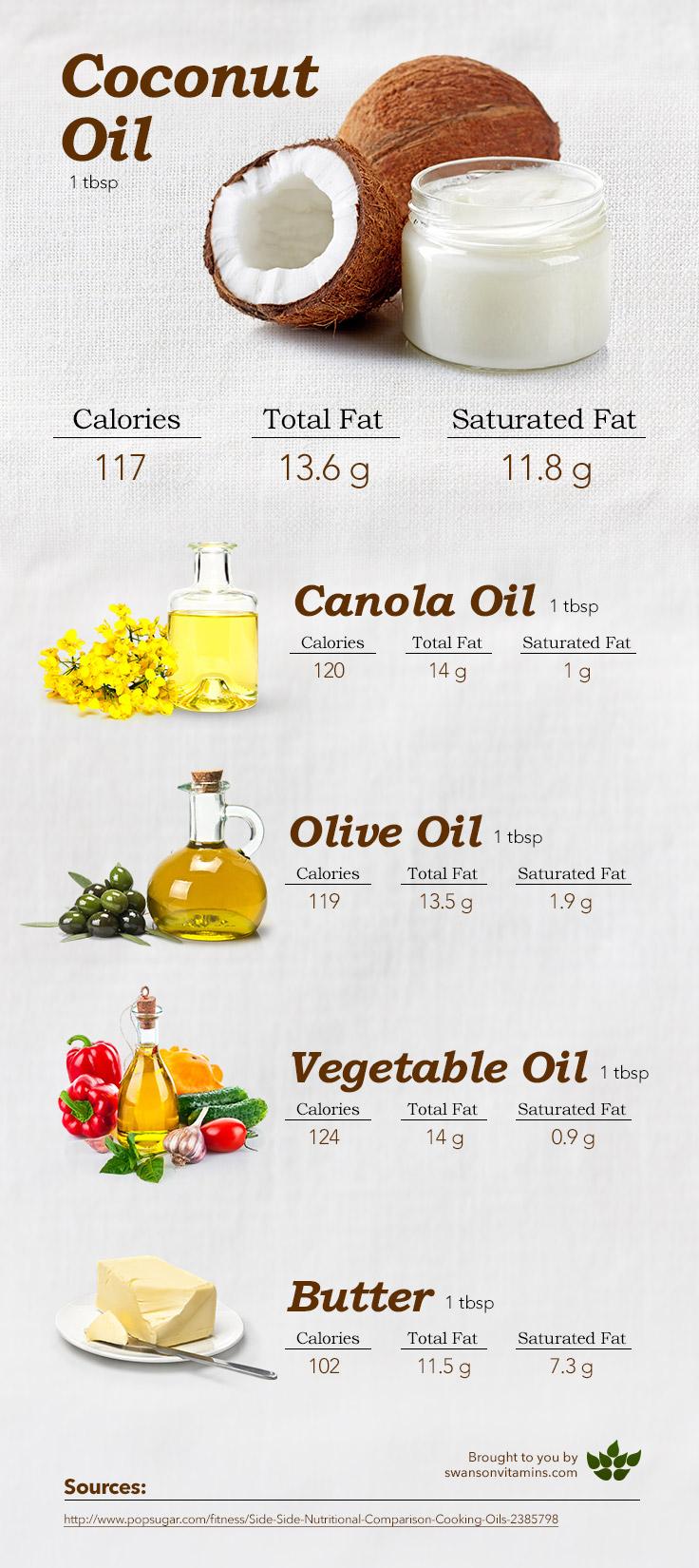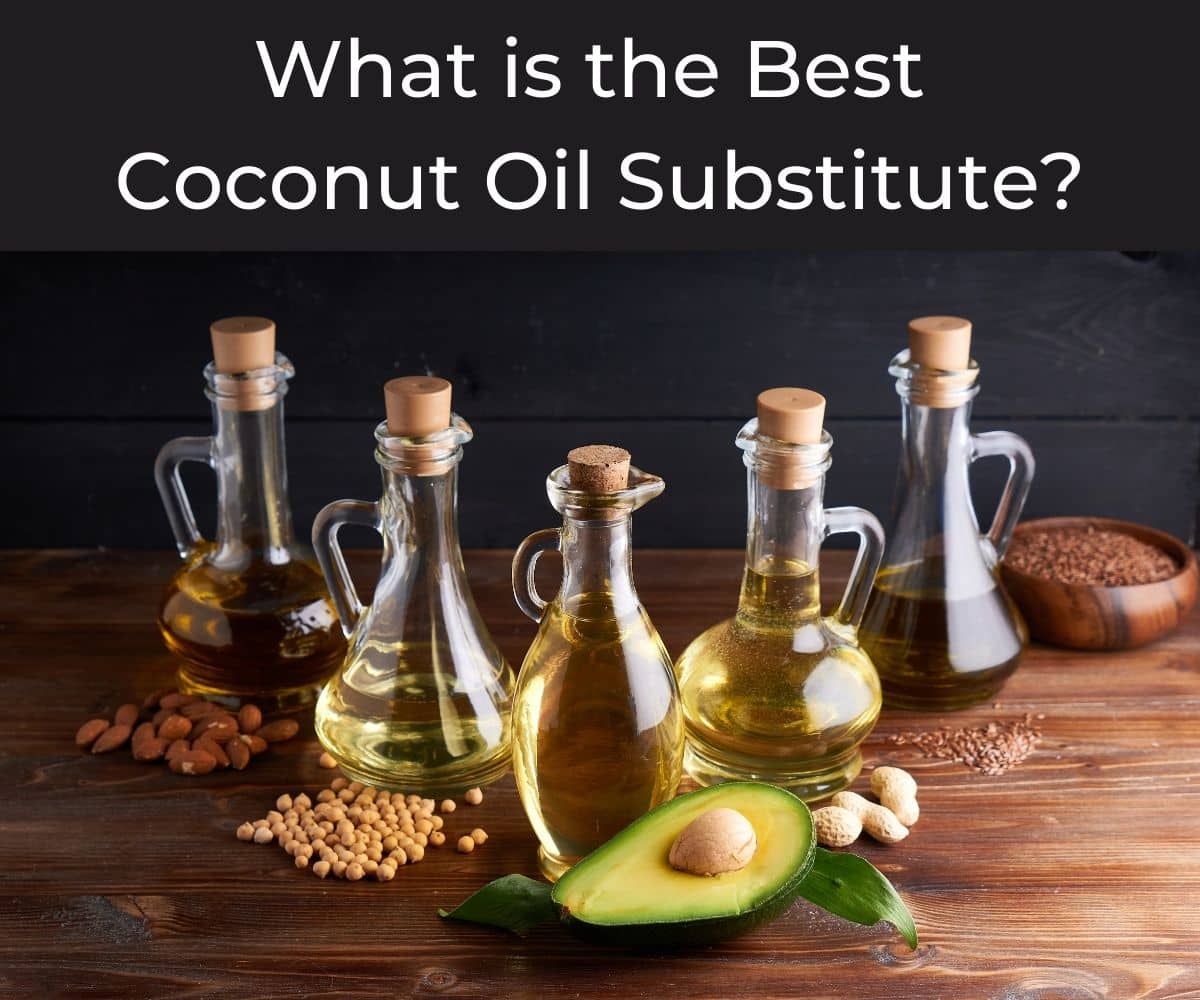Exploring Healthy Alternatives to Coconut Oil
As the demand for healthy cooking oils continues to rise, many individuals are seeking suitable alternatives to coconut oil. While coconut oil has its benefits, it may not be the best option for everyone due to various reasons such as allergies, taste preferences, or dietary restrictions. In this article, we will explore some alternative oils that can be used in place of coconut oil in cooking, baking, and skincare routines, offering a diverse range of options for those looking to make a switch.

Avocado Oil:
Avocado oil has gained popularity in recent years for its numerous health benefits and versatility in the kitchen. Rich in monounsaturated fats and antioxidants, avocado oil is a great choice for high-heat cooking as it has a high smoke point. Additionally, its buttery flavor and creamy texture make it a delightful substitute for coconut oil in baking recipes such as cakes, muffins, and cookies.
Olive Oil:
Olive oil is a staple in Mediterranean cuisine and is known for its heart-healthy properties. With its distinct flavor profile and abundance of monounsaturated fats, olive oil is a fantastic alternative to coconut oil for sautéing vegetables, drizzling over salads, and marinating proteins. Extra virgin olive oil, in particular, is recommended for its superior quality and rich taste.
Ghee:
Ghee, or clarified butter, is a traditional ingredient in Indian cooking that has gained recognition for its unique nutty flavor and high smoke point. While ghee contains dairy, it is lactose-free and offers a rich source of fat-soluble vitamins. Substituting coconut oil with ghee can bring a depth of flavor to curries, roasted vegetables, and fried dishes.
Sesame Oil:
Sesame oil is a fragrant and flavorful option that adds a distinctive taste to Asian-inspired dishes. Whether used for stir-frying, dressing noodles, or seasoning roasted meats, sesame oil provides a rich umami flavor that can rival the tropical notes of coconut oil. Its robust taste makes it a suitable replacement in recipes that call for a more intense flavor profile.

Almond Oil:
Almond oil is a light and delicate oil that offers a subtle nuttiness to dishes without overpowering other ingredients. Ideal for baking, salad dressings, and light sautés, almond oil is a versatile alternative to coconut oil for those looking for a milder taste. Additionally, almond oil is rich in vitamin E and can be used in skincare routines for its moisturizing properties.
Incorporating a variety of oils into your cooking repertoire can not only expand your culinary horizons but also provide you with a range of health benefits. While coconut oil has its place in certain recipes, exploring alternative oils such as avocado oil, olive oil, ghee, sesame oil, and almond oil can offer new dimensions of flavor and nutrition to your meals. By experimenting with different oils, you can discover the perfect substitutes that cater to your taste preferences and dietary needs, enhancing your culinary creations in the process.



